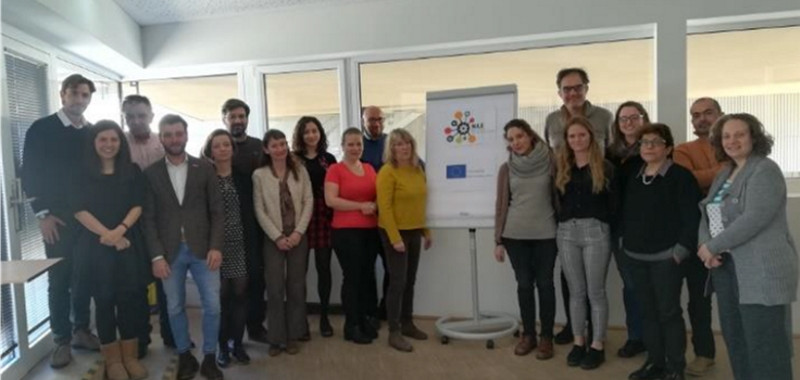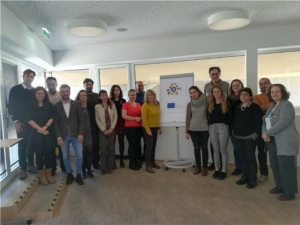 The DAISSy research team of the Hellenic Open University, organized with great success the event focusing on the “Training of museum professionals and developing digital skills”, on Monday 24 of June 2019 at the hotel Electra Metropolis in Athens, with speeches by the Hellenic Committee of the International Council of Museums (ICOM) and IEK AKMH, partners of the Mu.SA project. The subject of the event was to present the training activities organized within the framework of the European project. The event was organized within the framework of the European Project Mu.SA – Museum of Alliance, funded by the Erasmus + / Sector Skills Alliance, coordinated by the DAISSy research team, Hellenic Open University.
The DAISSy research team of the Hellenic Open University, organized with great success the event focusing on the “Training of museum professionals and developing digital skills”, on Monday 24 of June 2019 at the hotel Electra Metropolis in Athens, with speeches by the Hellenic Committee of the International Council of Museums (ICOM) and IEK AKMH, partners of the Mu.SA project. The subject of the event was to present the training activities organized within the framework of the European project. The event was organized within the framework of the European Project Mu.SA – Museum of Alliance, funded by the Erasmus + / Sector Skills Alliance, coordinated by the DAISSy research team, Hellenic Open University.
The aim of the project is to bridge the gap between formal education and the labor market, a gap that has arisen due to the ever-increasing introduction of Information and Communication Technologies (ICT) in the museum sector and the subsequent emergence of new specialties. The project investigates the training opportunities provided for digital and transferable skills for museologists, cultural professionals and students and their practical application level, designed and implemented by Mu.SA partnership like MOOC, specialization courses and work – based learning. The consortium comprises a total of 11 partners from 4 countries (Greece, Italy, Portugal, Belgium), coordinated by the Hellenic Open University and the Scientific Coordinator of Achilleas Kameas, Professor, Hellenic Open University.
The aim of the event was to present the research’ results and the activities of the project Mu.SA, the detailed description of the 4 role profiles as well the overview of Mu.SA’s Massive Open Online Course (MOOC) with the title “Essential skills for Museum Professionals”. The MOOC was offered in the first quarter of 2019 with more than 5,000 entries from culture and museum professionals worldwide.
During the event were awarded the Certificates to those who had successfully completed the MOOC.
The second part of the event included speeches by representatives of the cultural sector such as the Vice –president of ICOM GR, the Head of Directorate for the Administration of the National Monument Archives, Hellenic Ministry of Culture and Sports, and a museologist – board member of a company in culture, who expressed their thoughts on the continuous, professional training in the field of cultural heritage in Greece. The event closed with the presentation by IEK –AKMI, partner of the project, who presented to the audience the content and the aims of the specialization in each of the 4 profiles of the Mu.SA project through the Specialization courses that will be available for 120 selected from Greece, Italy and Portugal. There followed a brief discussion with the public.
The event was a major success, attracting more than 70 participants frοm the cultural sector, museum working personnel and those who are interested to continue their training in Mu.SA. The participants had the opportunity to exchange ideas and practices on the professional and organizational development of cultural operators, tackling the lack of digital skills, the importance of training programs such as the one offered by Mu.SA and the need to continue this program in the coming years due to its great response.
The event was videotaped and will be available through the DAISSy YouTube channel, along with mini interviews with students who successfully completed MOOC.

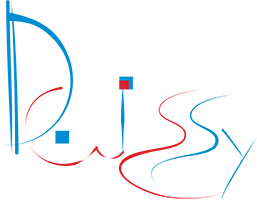
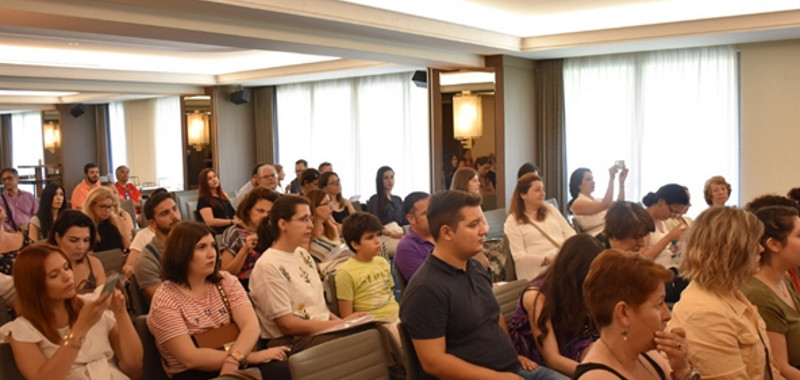
 The DAISSy research team of the Hellenic Open University, organized with great success the event focusing on the “Training of museum professionals and developing digital skills”, on Monday 24 of June 2019 at the hotel Electra Metropolis in Athens, with speeches by the Hellenic Committee of the International Council of Museums (ICOM) and IEK AKMH, partners of the Mu.SA project. The subject of the event was to present the training activities organized within the framework of the European project. The event was organized within the framework of the European Project Mu.SA – Museum of Alliance, funded by the Erasmus + / Sector Skills Alliance, coordinated by the DAISSy research team, Hellenic Open University.
The DAISSy research team of the Hellenic Open University, organized with great success the event focusing on the “Training of museum professionals and developing digital skills”, on Monday 24 of June 2019 at the hotel Electra Metropolis in Athens, with speeches by the Hellenic Committee of the International Council of Museums (ICOM) and IEK AKMH, partners of the Mu.SA project. The subject of the event was to present the training activities organized within the framework of the European project. The event was organized within the framework of the European Project Mu.SA – Museum of Alliance, funded by the Erasmus + / Sector Skills Alliance, coordinated by the DAISSy research team, Hellenic Open University.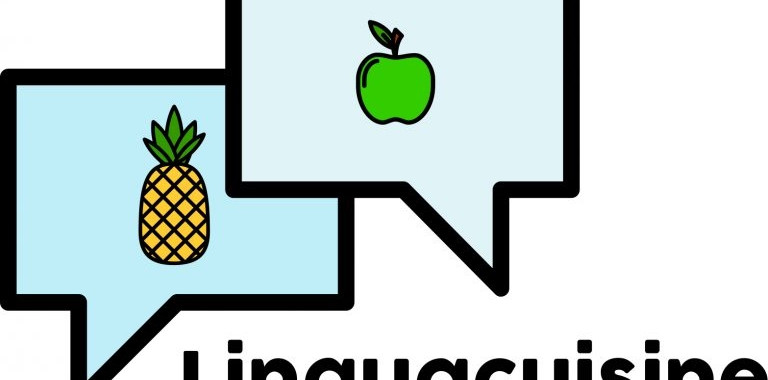
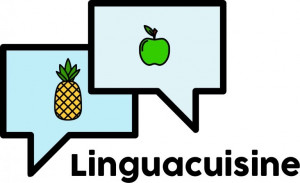 The LinguaChef Prize will be awarded to the person who uploads the best language learning recipe using the Linguacuisine recipe author software during the period 14 June to 31 August 2019. The prize consists of a payment of £200 plus a LinguaChef Gold Certificate. There are 2 runner-up prizes with £50 each plus a LinguaChef Silver Certificate. All will feature on the front page of all Linguacuisine media and the recipes will be promoted around the world on the website.
The LinguaChef Prize will be awarded to the person who uploads the best language learning recipe using the Linguacuisine recipe author software during the period 14 June to 31 August 2019. The prize consists of a payment of £200 plus a LinguaChef Gold Certificate. There are 2 runner-up prizes with £50 each plus a LinguaChef Silver Certificate. All will feature on the front page of all Linguacuisine media and the recipes will be promoted around the world on the website.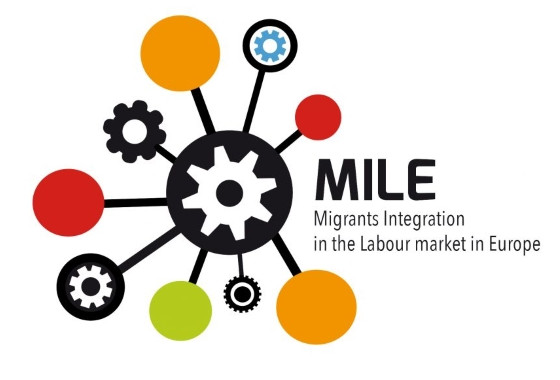
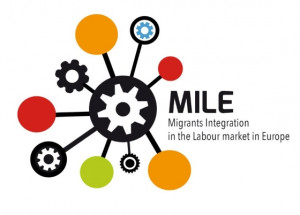 Συνεχίζεται δυναμικά από το Ελληνικό Ανοιχτό Πανεπιστήμιο – Ερευνητική Ομάδα DAISSy ως φορέας εταίρος, η υλοποίηση του ευρωπαϊκού έργου MILE (Migrants Integration in the Labour Market in Europe / Ένταξη των μεταναστών στην ευρωπαϊκή αγορά εργασίας) με κύριο στόχο να αναπτυχθεί, να εφαρμοστεί και να προωθηθεί ένα αποτελεσματικό μοντέλο ολοκληρωμένων υπηρεσιών για τους Υπηκόους Τρίτων Χωρών (ΥΤΧ), με βάση την πολύ-τομεακή συνεργασία φορέων για την κάλυψη των αναγκών τόσο των ΥΤΧ όσο και των εργοδοτών.
Συνεχίζεται δυναμικά από το Ελληνικό Ανοιχτό Πανεπιστήμιο – Ερευνητική Ομάδα DAISSy ως φορέας εταίρος, η υλοποίηση του ευρωπαϊκού έργου MILE (Migrants Integration in the Labour Market in Europe / Ένταξη των μεταναστών στην ευρωπαϊκή αγορά εργασίας) με κύριο στόχο να αναπτυχθεί, να εφαρμοστεί και να προωθηθεί ένα αποτελεσματικό μοντέλο ολοκληρωμένων υπηρεσιών για τους Υπηκόους Τρίτων Χωρών (ΥΤΧ), με βάση την πολύ-τομεακή συνεργασία φορέων για την κάλυψη των αναγκών τόσο των ΥΤΧ όσο και των εργοδοτών. This project was funded by
This project was funded by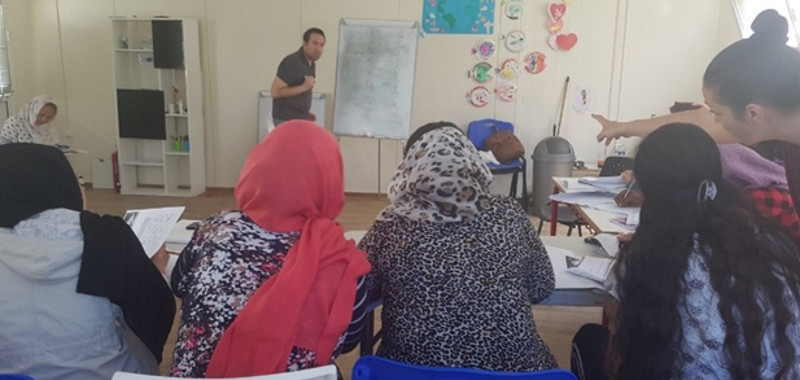
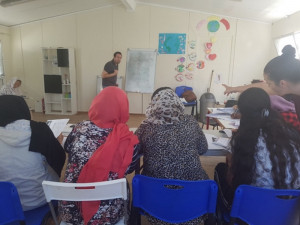
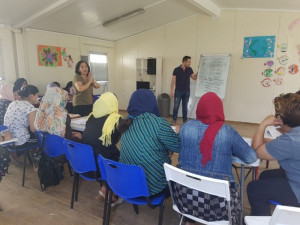
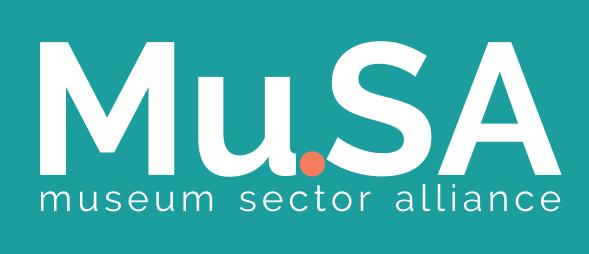
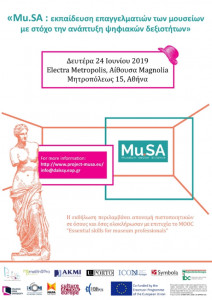
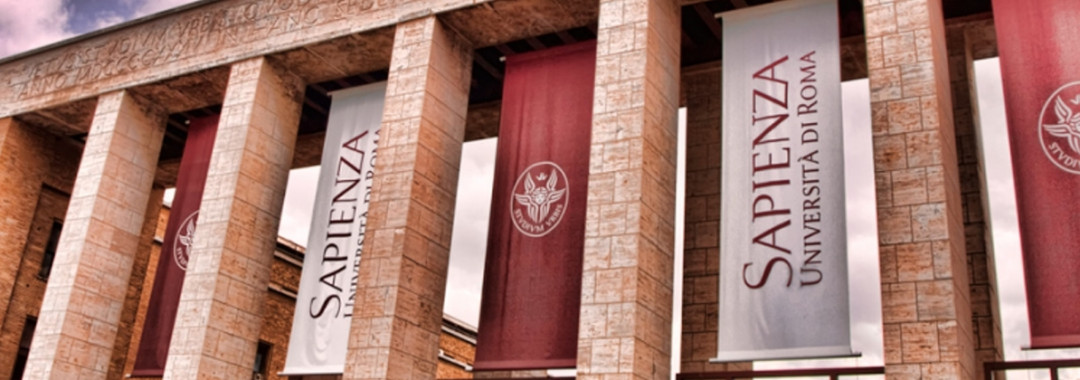

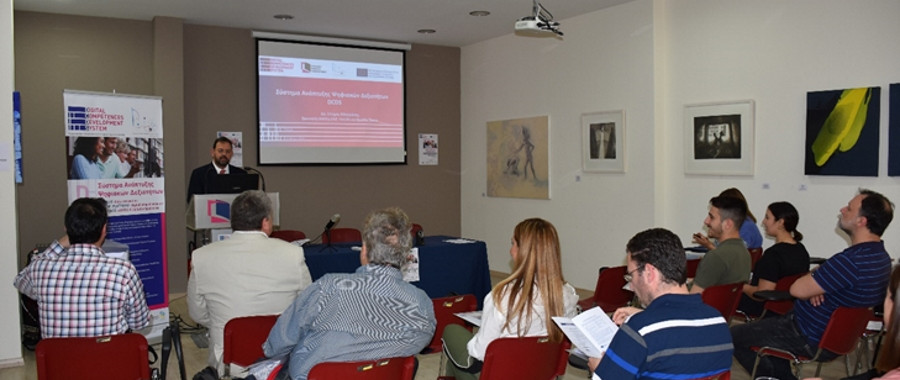
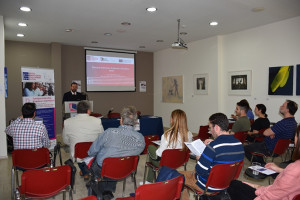
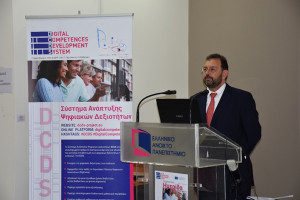
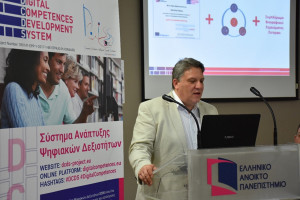
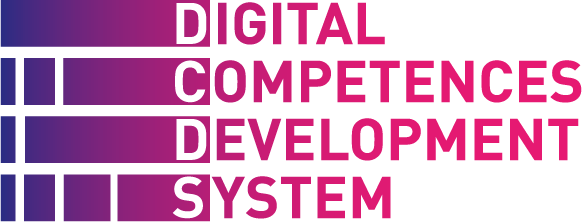
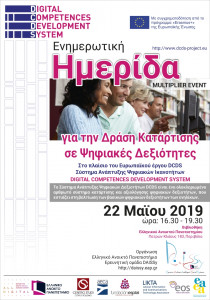 Με την υποστήριξη της Ευρωπαϊκής Επιτροπής, η ερευνητική ομάδα DAISSy (
Με την υποστήριξη της Ευρωπαϊκής Επιτροπής, η ερευνητική ομάδα DAISSy (